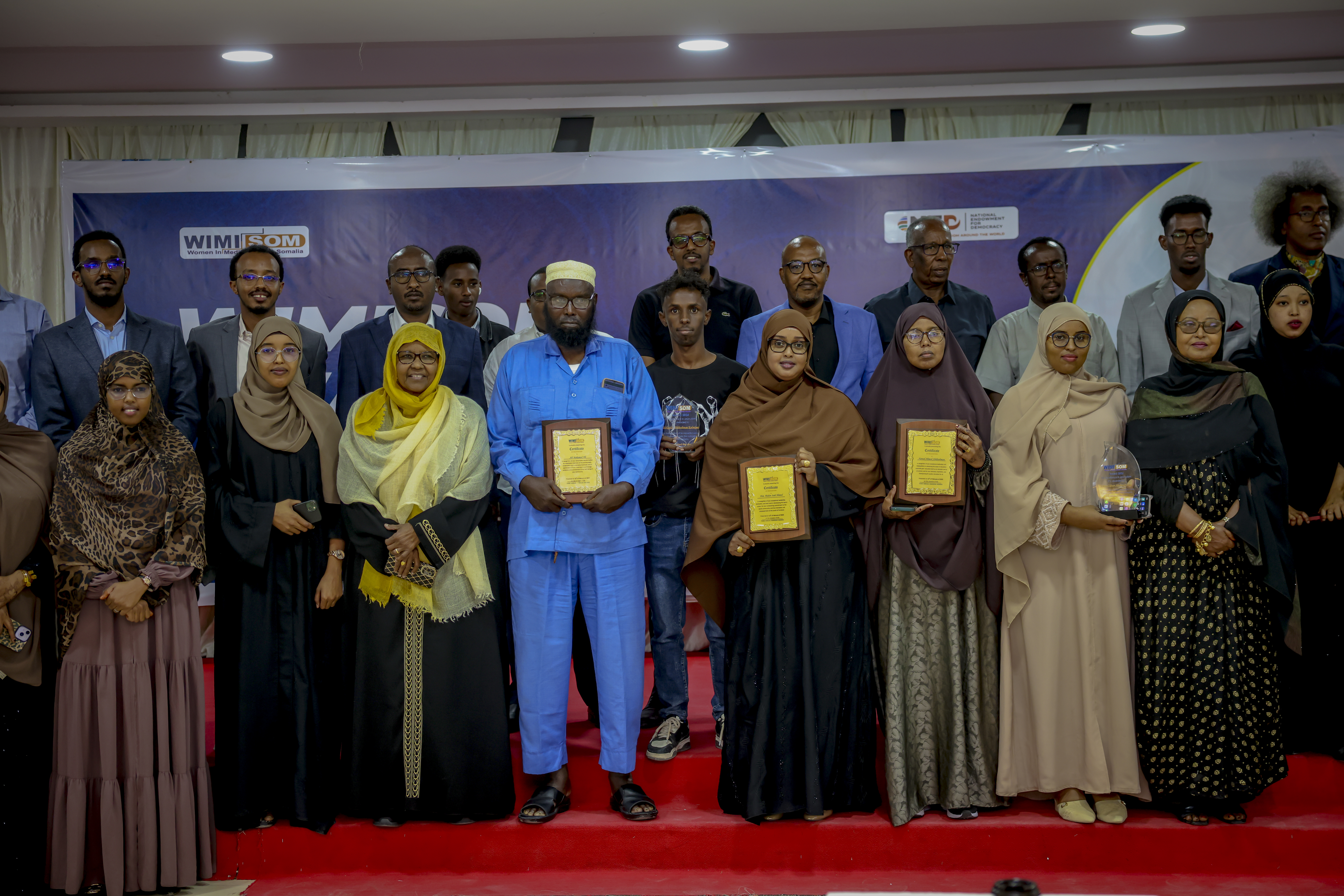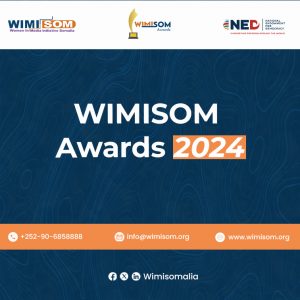In commemoration of #16 Days of Activism against Gender-Based Violence, Leaders from various sectors came together to address the pressing issues surrounding women’s education, economic situation, and political participation. The event aimed to identify key challenges and develop actionable strategies to empower women and promote gender equality in these critical areas.

One of the primary topics of discussion was the challenges faced by women in accessing quality education. Stakeholders highlighted disparities in educational opportunities for girls, particularly in marginalized communities. Limited access to schools, cultural barriers, and early marriage were identified as significant obstacles hindering girls’ education. The participants emphasized the need for targeted interventions to ensure that all girls have equal access to education, including vocational training and STEM (science, technology, engineering, and mathematics) programs.

Participants presented innovative approaches to ensure that girls have equal opportunities in education. This included advocating for mentorship programs, scholarships, and initiatives that empower women to pursue academic and professional success without constraints.

The conversation also delved into economic empowerment as a crucial component of gender equality. The economic empowerment of women emerged as a central theme during the stakeholder dialogue. Participants underscored the importance of creating an enabling environment for women to participate fully in the economy. This involved addressing barriers such as discriminatory practices, unequal pay, and limited access to financial resources and entrepreneurship opportunities.

Initiatives such as vocational training programs, financial literacy campaigns, and mentorship networks were identified as effective tools to empower women economically. Participants stressed the need for collaborative efforts between governments, businesses, and civil society to create policies and practices that promote a level playing field for women in the workplace.

Political participation was another focal point of the discussion, with stakeholders emphasizing the need for greater representation of women in decision-making processes.

Encouraging women to actively engage in political processes, run for office, and contribute to decision-making bodies emerged as key focal points.

Stakeholders called for electoral reforms to ensure gender balance in political representation and encouraged political parties to actively recruit and support women candidates. The importance of building a culture that values and promotes women’s voices in politics was emphasized as a critical step toward achieving inclusive and representative governance.

In conclusion: Throughout the dialogue, stakeholders expressed a shared commitment to driving meaningful change in these critical areas. Collaborative initiatives were proposed, including public-private partnerships to expand educational opportunities for girls, investment in women-owned businesses, and advocacy for gender-inclusive policies at local and national levels. The participants emphasized the importance of engaging diverse stakeholders, including government agencies, civil society organizations, businesses, and community leaders, to implement sustainable solutions. The stakeholder discussion served as a platform for exchanging insights, best practices, and innovative approaches to address the multifaceted challenges affecting women’s education, economic situation, and political participation. By fostering collaboration and collective action, the participants sought to advance gender equality and create a more inclusive society where women can thrive across all spheres of life.
The Discussion was implemented with support from the United Nations Support Office in Somalia – UNSOM




